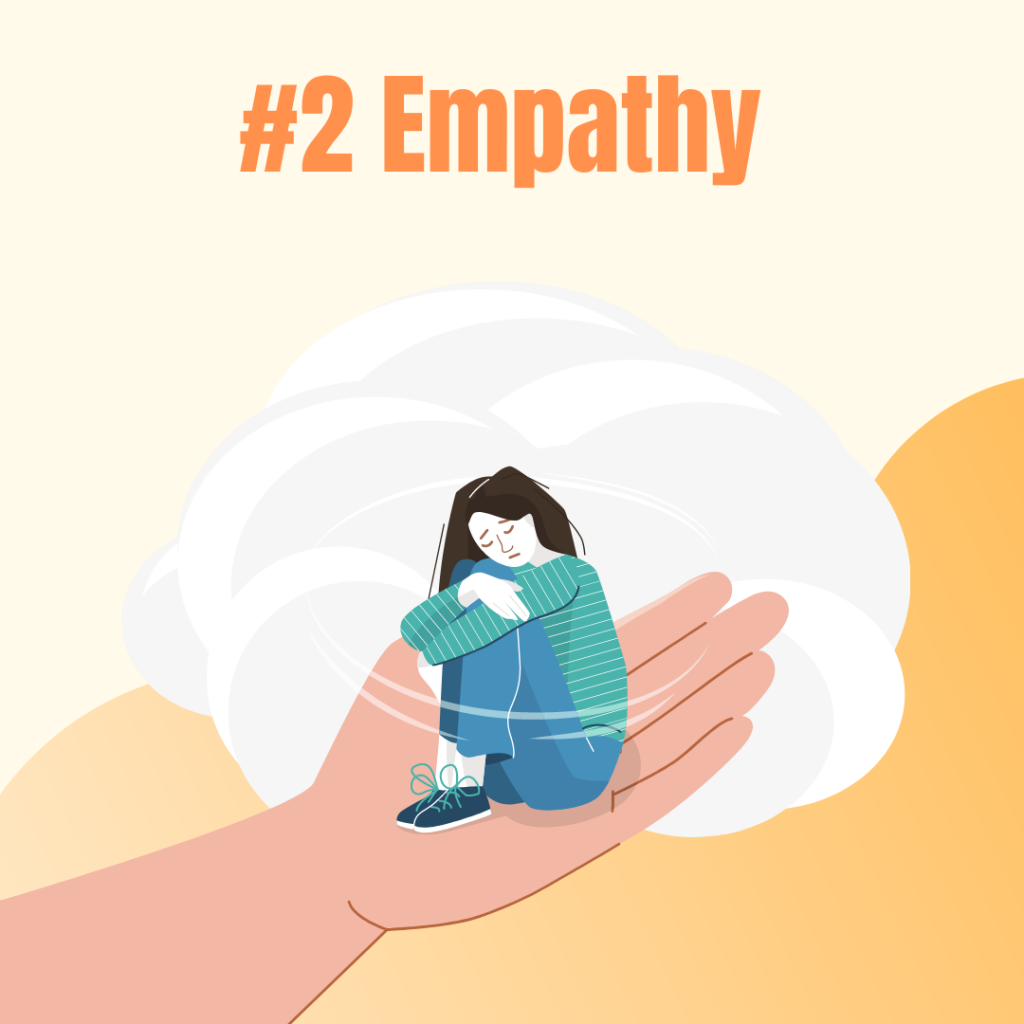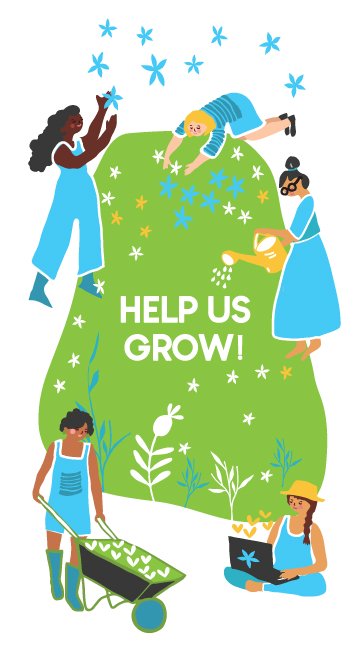Patriarchy has dominated human society since the beginning of time. Although things have started to improve, we are far from living in a gender equal world. What would things look like if the top leadership of the world was dominated by women, or at least, had women occupying positions of power in equal numbers?
Over this summer, in the midst of the pandemic, I had the opportunity to intern with World YWCA based in Geneva. I worked with a team of women leaders who were driven by passion, a sense of purpose, and transformational leadership traits. Before this summer, I had never worked with a team that was exclusively women. Thanks to this opportunity, I learned a lot of things – both from the team itself and from the work they did, on how it changed people’s lives and supported young women and girls with the challenges they faced every single day.
Over the course of my internship, I came to believe that women occupying positions of power would have a strong and beneficial impact on the world. Here are four lessons I learned from my women colleagues at this feminist organisation.

- Active listening:
I have worked in many organisations, with both men and women, either on school projects, internships or business projects. What I found at World YWCA was that the level of intentional active listening was so much higher in an all-women team. With my team, whenever someone spoke, they would receive the maximum attention from their colleagues, with a clear intention to listen and with genuine interest and curiosity with what they had to share. Active listening encourages effective communication and clarity of thought, that leads to efficiency and greater impact overall. Imagine if women around the world occupied positions of power in politics, business, technology, development and other such sectors. I truly believe there would be reduced conflicts and more harmonious communication!

- Empathy:
Empathy is another great trait I learned whilst working in a team comprised only of women. I describe empathy as having a human face even in professionalism. Corporate culture and the working environment that it fostered has cemented a strong culture of professionalism – there are professional greetings, professional seating arrangements, and many others. I am not against professionalism, but I believe that it should have a human face, because at the end of the day, we are humans who have lives to live, who feel important when someone genuinely asks us how we are doing without seeming “plastic”.
With the team of women I worked with, I saw the human face behind greetings and questions – instead of being a token gesture, my colleagues genuinely wanted to know how I had been. Such gestures fostered teamwork and trust at working together towards a common goal.
Patriarchy has existed for a long time, and we have seen wars, inequalities and division of society based on race, religion and ideology. More empathetic women leaders would serve as a powerful change of guard against this powerful force of patriarchy. I strongly believe that if the world had more women leaders, who would lead with empathy and power, there are many challenges we would have overcome together, such as climate change, world peace and prosperity.

3.The Power of Change:
Over the course of my internship, I learned about the vulnerability that young girls and women face all over the world, most especially in rural parts. Many girls and young women are forced to drop out of school due to many factors like the lack of sanitary pads, lack of sexual and reproductive health services, sexual harassment and poor quality of education. Therefore, there is a strong need for campaigns and advocacy at the local, national, and international level to stop these injustices. And who is better placed than women in leadership to enact meaningful change?

4.Allyship:
Lastly, I learned that in order to achieve women empowerment and equality, we must involve men by educating and encouraging boys and men about the dynamics of oppression and privilege and the role that they can play in amplifying women’s movements. The better we educate and collaborate with men, the more impactful and widespread our movements will be.






